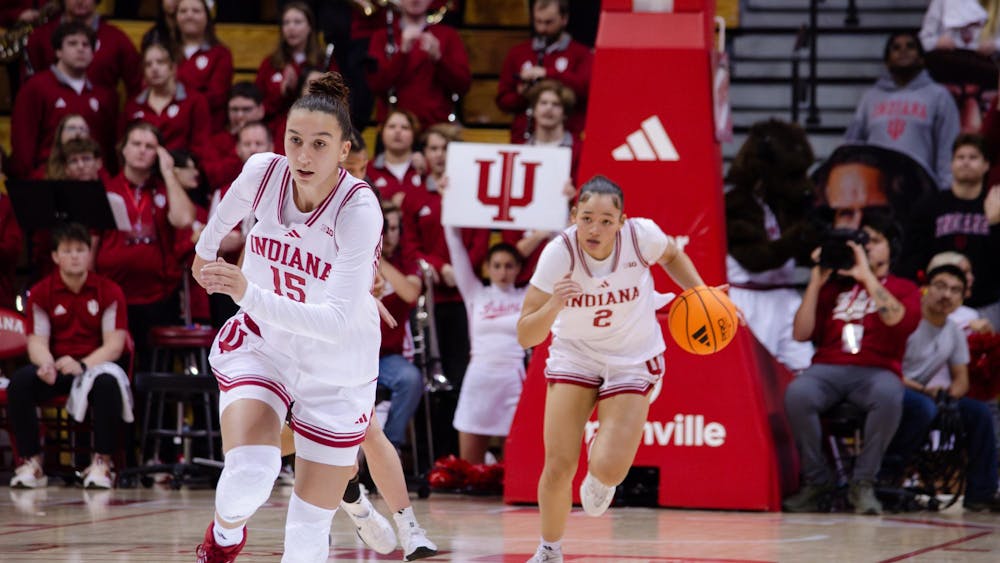With few exceptions, the United States has been relatively fortunate when it comes to terrorism. Until Tuesday.\nThe devastation that rocked New York and Washington Tuesday left Americans questioning their domestic safety and how an attack of such epic proportion could happen in such a secure nation.\nThis false sense of security, as Bill Head, IU criminal justice professor and former member of the New York City hostage negotiation unit put it, had "a numbing effect" on Americans.\nThe Federal Emergency Management Agency Web site states that most terrorist attacks have been bombing incidents that involve detonated and undetonated explosive devices. The effects of terrorism vary significantly, from the loss of life and personal injury to property damages and disruptions in public works services. \nNever has the U.S. felt such a disruption of services and loss of lives created by Tuesday's events. Local and national experts feel that the U.S. government cannot guarantee that terrorist attacks will not happen.\nAfter working with the International Criminal Police Organization, and being commissioned to investigate the Oklahoma City bombing by the FBI, John Walsh, host of "America's Most Wanted," said that the problem of terrorists was much larger than Washington has perceived.\n"The Bush administration now has to realize that this is a bigger problem than four or five guys from Israel in New Jersey with a bomb," Walsh said. \nHe was in Bloomington filming part of an episode of "America's Most Wanted" that includes a segment about missing IU student Jill Behrman. \nAnd while officials have certain procedures and methods that they go about in searching for certain criminals and offenders, solutions are not as simple as they may seem, said Robert White, associate dean of liberal arts at Indiana University-Purdue University Indianapolis. \n"We cannot guarantee that an airplane flying from New York to Los Angles will not be hijacked," White said.\nWhite, a specialist on the Irish Republican Army and published writer in the "Journal of Terrorism and Political Violence", felt it could be time to question U.S. policies.\n"At some point we have to start questioning policies," White said. "There could be certain governmental policies that could cause attacks." \nHistorically, the U.S. government has responded to terrorist activities with violence. White warns that we as a nation have to be restrained in our response. \n"What we don't want is any sentiment against any international Americans," White said.\nSince the the U.S. government has few leads as to whom the terrorists are, the most effective way to prevent such attacks is to harden the targets, Head said. \n"We've spent billions of dollars a year to make sure that a mode of transportation is safe, and clearly the thing that we think is the safest is not," Head said. \nNonetheless, American morale took a devastating blow Tuesday. With the senseless ending of hundreds upon thousands of lives, the American security blanket was removed. But Americans only received a small taste of what the rest of the world has seen in the past, Head said. \n"These types of attacks have been happening all around the world for more than 20 years," Head said. "Since we don't normally have to deal with such issues, we put them in the back of our minds until they hit home."\nStaff reporter Alexis Silas contributed to this story.
Terrorist acts spark national security debate
Get stories like this in your inbox
Subscribe





